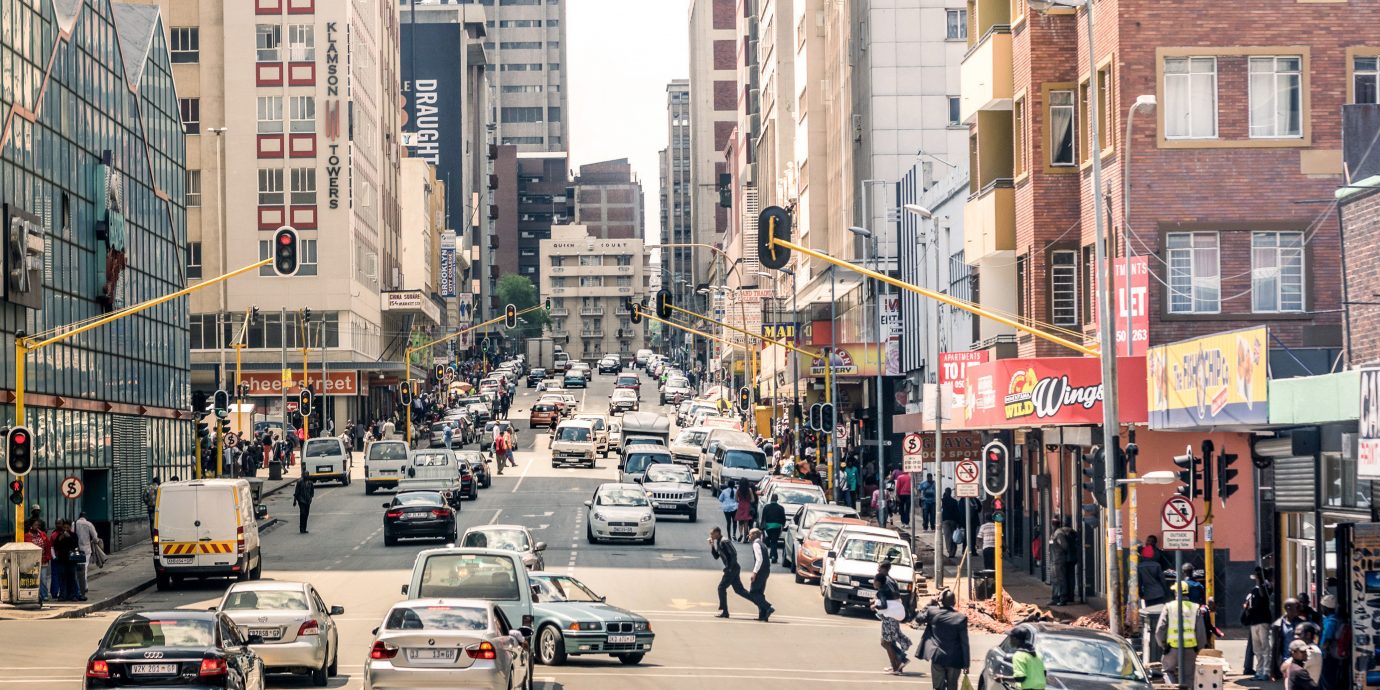
While the cost of living is rising in many cities throughout the world, certain African cities have one special advantage: they are still incredibly inexpensive.
Affordable cities in Africa almost certainly guarantee a great range of people have access to basic services, amenities, and opportunities. This affordability promotes social cohesiveness and narrows the gap between different socioeconomic groups.
Furthermore, low living costs foster entrepreneurship while also encouraging foreign investment. With lower financial obligations, ambitious entrepreneurs may devote more resources to growing their businesses, spurring innovation, and contributing to economic development.
Affordability improves the overall quality of life for inhabitants. Lower housing expenses result in greater discretionary income, which may be spent on healthcare, education, leisure activities, and savings. This results in a higher quality of life and better well-being for people and families.
Top 10 most affordable African cities to live in 2024
Abuja, Nigeria’s purpose-built capital city, stands out not just for its modernity and grandeur, but also for its relative affordability in comparison to many other worldwide capitals. While cost may not be the first thing that comes to mind when thinking about a capital city, Abuja’s accessibility provides several benefits to both inhabitants and tourists. It ranks 226th out of the 226 countries ranked by Mercer.
Lagos, Nigeria’s dynamic and bustling megacity, exemplifies Africa’s urban resiliency and energy. Despite its image as a fast-paced and economically dynamic metropolis, Lagos has an unexpected advantage: it is more affordable than many other global megacities. It is the second most affordable city on Mercer’s cost of living index with a rank of 225th, right after fellow Nigerian city; Abuja.
Blantyre is a desirable location for startups, small firms, and budding entrepreneurs because of its affordability, which encourages an entrepreneurial spirit. Reduced overhead and operating costs, such as rent, foster an atmosphere that is favorable to company expansion and innovation. It is the 221st most expensive city according to Mercer.
The low cost of living in Durban guarantees financial accessibility for a wide range of citizens, including seniors, young professionals, and blue-collar workers. In contrast to many other cities, where exorbitant living expenses erect obstacles to entrance, Durban’s affordability promotes social cohesiveness and inclusion. It ranks 219th on Mercer’s city’s most expensive cost of living index.
This Namibian mega city has an inexpensive cost of living compared to many other capital cities. Residents experience an ideal quality of life thanks to low housing expenses, plentiful recreational possibilities, and a pleasant attitude. Windhoek residents may live a balanced lifestyle without losing financial security, resulting in increased well-being and contentment with city living. It comes in at 218th on the list.
Botswana’s capital city, Gaborone, is a shining example of affordability in southern Africa. While it may not have the same worldwide notoriety as other capital towns, Gaborone provides a distinct benefit to both inhabitants and visitors: affordability. It is 215th on Mercer’s city’s most expensive cost of living index.
Lusaka’s affordability offers economic access for a diverse range of inhabitants. Unlike many other capital cities where high living expenses can be a barrier to entrance, Lusaka’s affordability promotes inclusion and social cohesiveness. Access to key services, facilities, and opportunities is critical for minimizing socioeconomic gaps and fostering a fairer society. It comes in at 213th on Mercer’s list.
The compelling fusion of history, culture, and modernity is evident in Tunis, the capital city of Tunisia. Amidst its diverse array of Mediterranean appeal, Tunis provides both locals and tourists with the distinct benefit of being reasonably priced. It is the 210th city on Mercer’s most expensive city’s list.
In comparison to many other large cities, Cape Town provides a comparatively low level of life. Residents enjoy a great quality of life because of relatively affordable housing costs, a relaxing seaside lifestyle, and an abundance of recreational possibilities. Residents of Cape Town may live a well-balanced lifestyle without compromising their financial security, which will increase their happiness and contentment with city living. It is one spot above Tunis on Mercer’s list.
Johannesburg, South Africa
South Africa’s economic center, Johannesburg, is well known for its entrepreneurial energy, rich cultural diversity, and spirit of innovation. Johannesburg has the distinct benefit of affordability to both inhabitants and visitors amidst its tall buildings and busy streets. It is 206th on Mercer’s city’s most expensive cost of living index.
Mercer’s 2024 rating methodology included 226 cities from five continents. It compared the expenses of more than 200 products in each area, including accommodation, transportation, food, clothes, home goods, and entertainment. To guarantee consistency in city-ranking comparisons, New York City was used as a baseline, and currency fluctuations were assessed against the US dollar.
The numbers included in Mercer’s cost comparisons are from a study done in March 2024 that included over 400 cities. Calculations and baselines were based on exchange rates at the time as well as data from Mercer’s worldwide basket of goods and services (used in its Cost of Living Survey).



![Ghana takes control of its gold as local refining operation begins [PHOTOS]](https://lbnntv.com/wp-content/uploads/2026/02/Ghana-takes-control-of-its-gold-as-local-refining-operation-120x86.jpeg)





